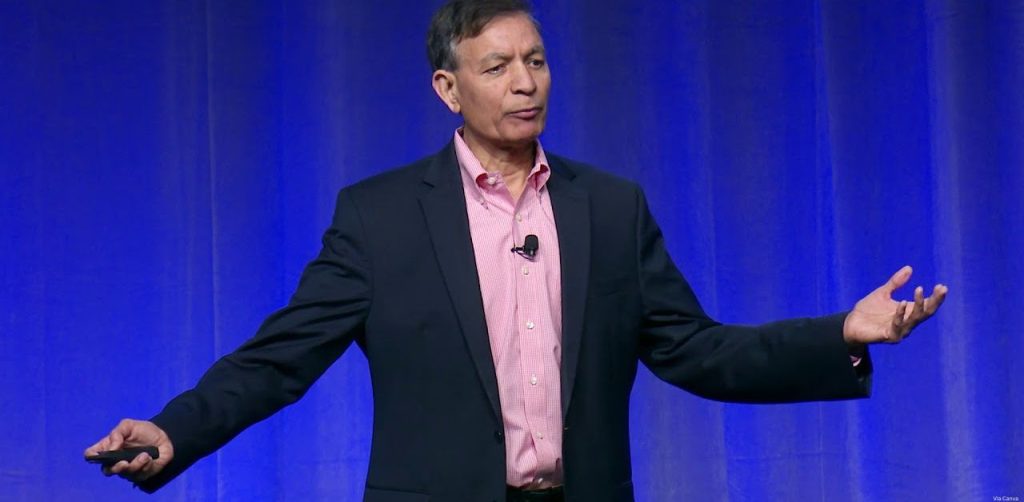Have you ever felt like time slips away from you, leaving you bewildered at where it disappeared to? For many Americans, this feeling isn’t just occasional—it’s a persistent reality. A recent survey conducted by Myriad Genetics, known as the GeneSight Mental Health Monitor, sheds light on the profound toll poor mental health takes on individuals’ lives.
According to the survey findings, a staggering 44% of Americans believe they have lost significant portions of their lives due to mental health issues. However, the situation is even more dire for those grappling with depression or anxiety, with a striking 78% of them feeling like they’ve lost precious time to these conditions.
The GeneSight Mental Health Monitor, conducted in collaboration with ACUPOLL Precision Research, gathered insights from 1,000 adults across the United States regarding their mental health experiences. The results, unveiled in April, offer a sobering glimpse into the impact of mental illness on the passage of time.
Debbie Thomas, EdD, a psychiatric nurse practitioner in Prospect, Ky., expressed, “For a patient who is struggling, time ticks a lot slower than it does for the rest of us. One of my patients told me that when they woke up in the morning, they counted how many hours before they could go back to bed. That’s pretty telling when someone is in the depths of depression and anxiety to that degree.”
The repercussions of poor mental health extend beyond the mere passage of time; they infiltrate pivotal moments and cherished experiences. A significant 71% of respondents revealed that mental health struggles prevented them from fully engaging in important events. Moreover, over half of those battling depression or anxiety disclosed that they had missed out on major life events due to their mental health challenges. Feelings of guilt, hopelessness, and self-criticism often accompany these missed milestones.
Ineffective mental health treatments emerged as a notable barrier, with 33% of individuals citing them as a reason for missing significant events. The toll on enjoyment and recreation is also evident, with a striking 82% of respondents with depression or anxiety reporting that their mental health hindered their ability to have fun or enjoy themselves in the past year.
Sharon Philbin, MSN, an advanced practice registered nurse in Pawtucket, R.I., emphasized the profound emotional impact of lost time on individuals grappling with mental illness. She stated, “Patients who have lost time due to depressive episodes or periods of anxiety often feel a sense of loss, which further complicates their mental health situation. Many of my patients say they are thankful they feel better, but they worry that it will happen again.”
The aftermath of a depressive episode leaves individuals feeling drained, disoriented, and disconnected from life. Only 16% of respondents reported feeling “ready to take on the world” after such episodes, with the majority expressing feelings of exhaustion and disappointment at having missed out on life’s opportunities.
While the survey relied on self-reported diagnoses of depression or anxiety, it underscores the pervasive impact of mental health challenges on individuals’ lives. For those in need of immediate support, resources such as the 988 Suicide & Crisis Lifeline are available.
As awareness of mental health issues grows, it becomes increasingly vital to address the systemic barriers and societal attitudes that contribute to these challenges. By fostering understanding, empathy, and access to effective treatments, we can work towards a future where individuals no longer feel robbed of their time and experiences by mental illness.
For further insights into mental health trends and resources, stay tuned to ImpactWealth.Org.


















